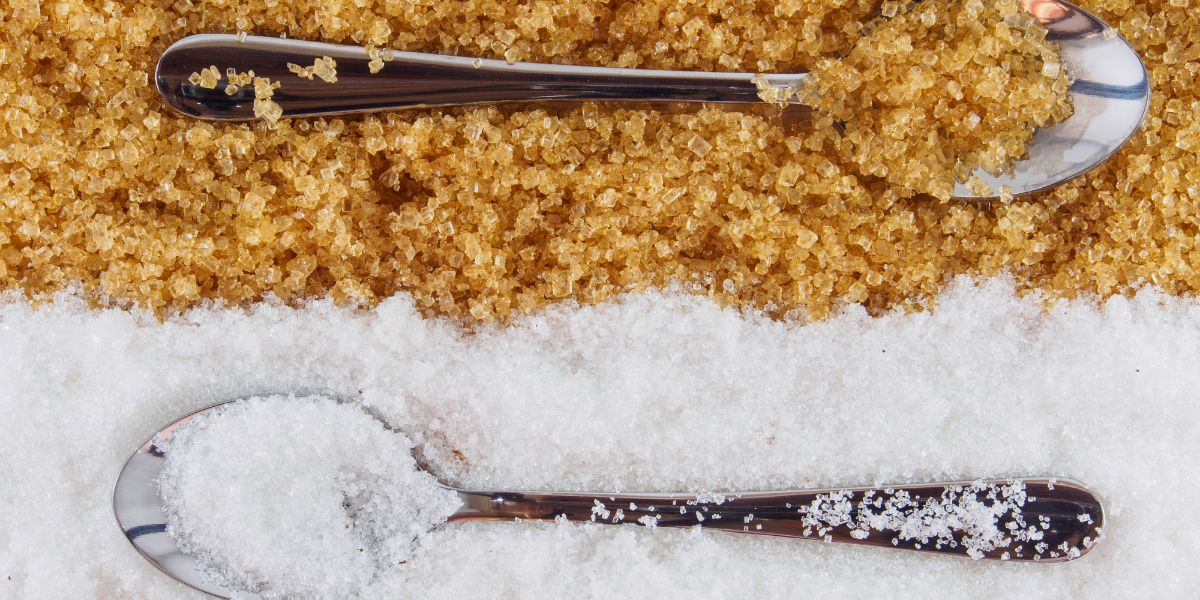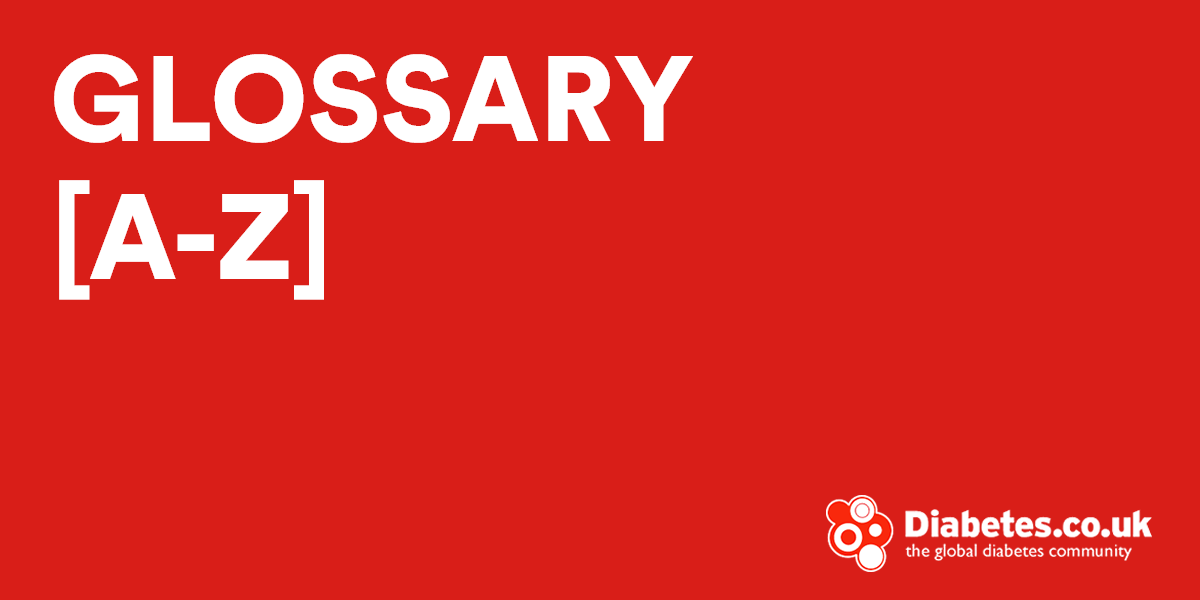Many people can often be heard saying they have a ‘sweet tooth’ or are ‘addicted to sugar’.
These common sayings highlight just how big a part of our daily diet sugar has become over the years.
From breakfast cereals and pastries to soft drinks and snacks, thousands of food and drink products contain added sugars, with the supply of these products driven by people’s ever-increasing demand for sweet produce.
Tasting sweetness and the role of sugar
A preference for sweet food starts at an early age and remains with us throughout our lives. We even have scores of taste buds dedicated only to tasting sweetness.
However, the role of sugar in our diet is a controversial topic, as high intake of the substance can contribute to a number of health problems.
Most people are aware of the fact that too much sugar can lead to:
- Tooth decay
- Weight gain
- Obesity-related complications including type 2 diabetes , hypertension and heart disease
Problems such as osteporosis and vitamin and mineral deficiencies can also occur when high-sugar foods replace more nutritionally balanced ones.
But despite knowing this, many still fail to control their daily intake of sugar.
The main source of added sugars is non-diet soft drinks, while other major sources include:
- Sweets
- Chocolates
- Cakes and
- Fruit drinks
Most of which are included in the average person’s diet.
Enjoying sugar in moderation
The key is to try and enjoy the sweet taste of sugar in small quantities.
Eating smaller portions of sugar-laden food and drinks, and adding less sugar when preparing sweet items, will keep your taste-buds satisfied without piling on the pounds.
Alternatively, you can replace the nutritive sweeteners (natural sugars and sugar alcohols ) in your diet with calories-free/low-calorie artificial sugars.
You should also make yourself aware of the different types of sugars that are commonly added to food and drinks, and to try and limit or avoid products which have either a high sugar count/percentage or a number of sugar sources listed in the ingredients.
Common sources of sugar
Common sugar sources on food and drink labels include:
- Brown sugar
- Corn sweetener
- Corn syrup
- Dextrose
- Fructose
- Fruit-juice concentrate
- Glucose
- High-fructose corn syrup (HFCS)
- Honey
- Invert sugar
- Lactose
- Maltose
- Malt syrup
- Molasses
- Raw sugar
- Sucrose
- Syrup




